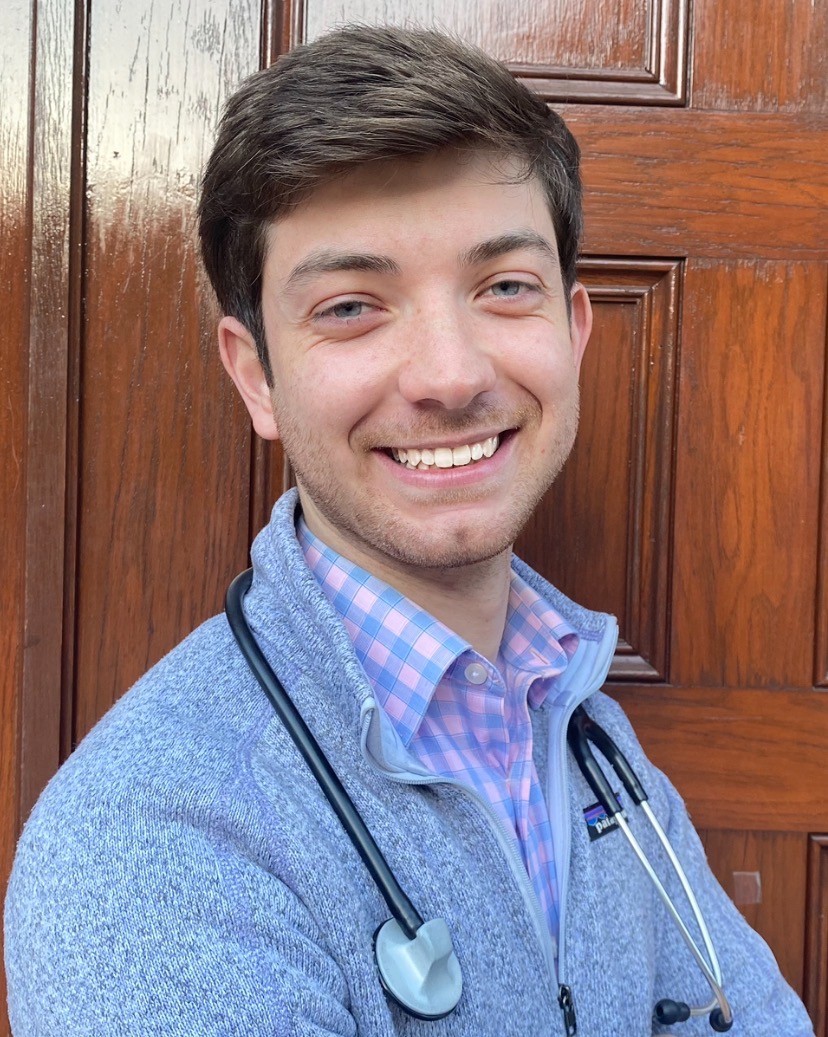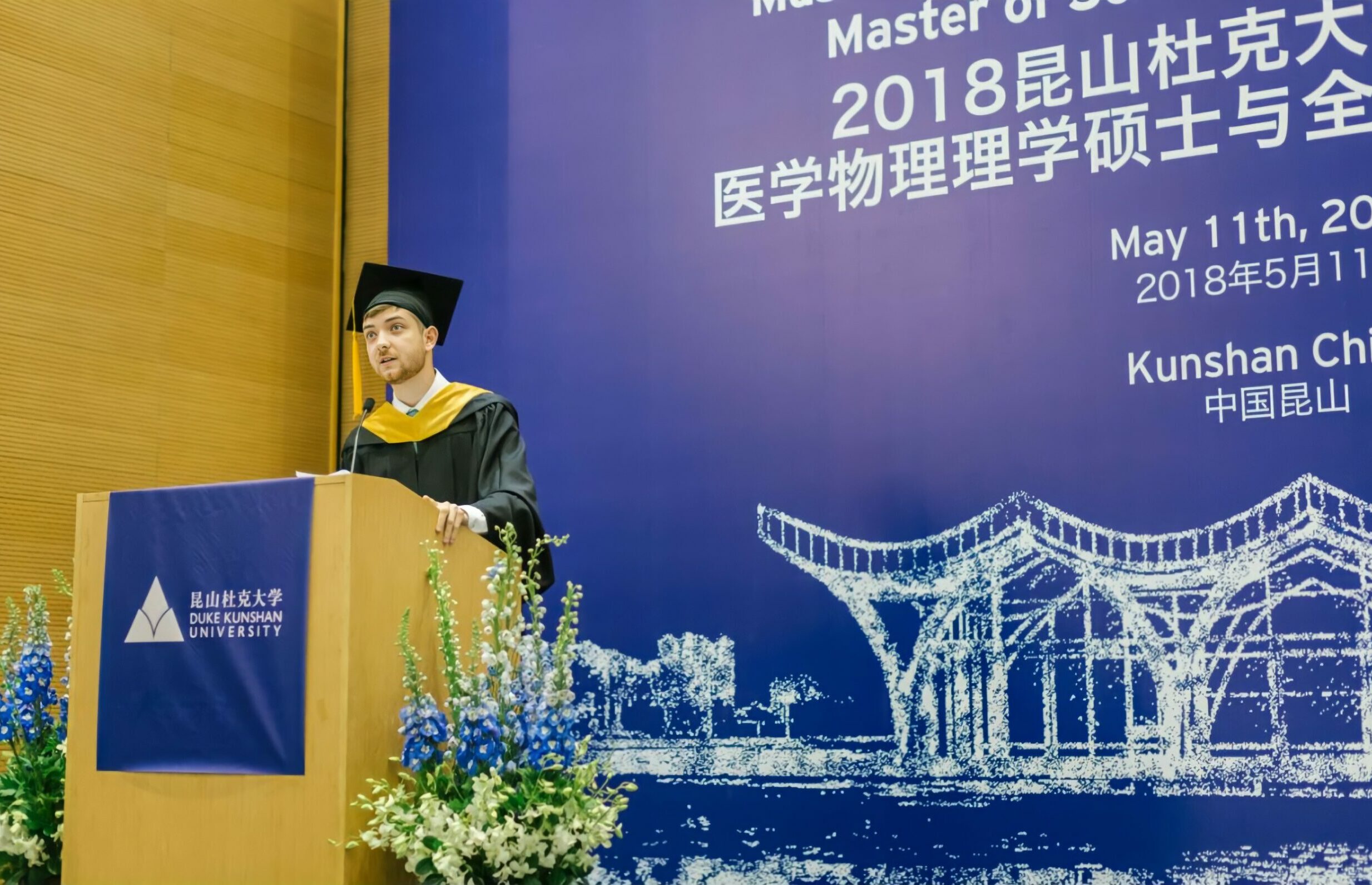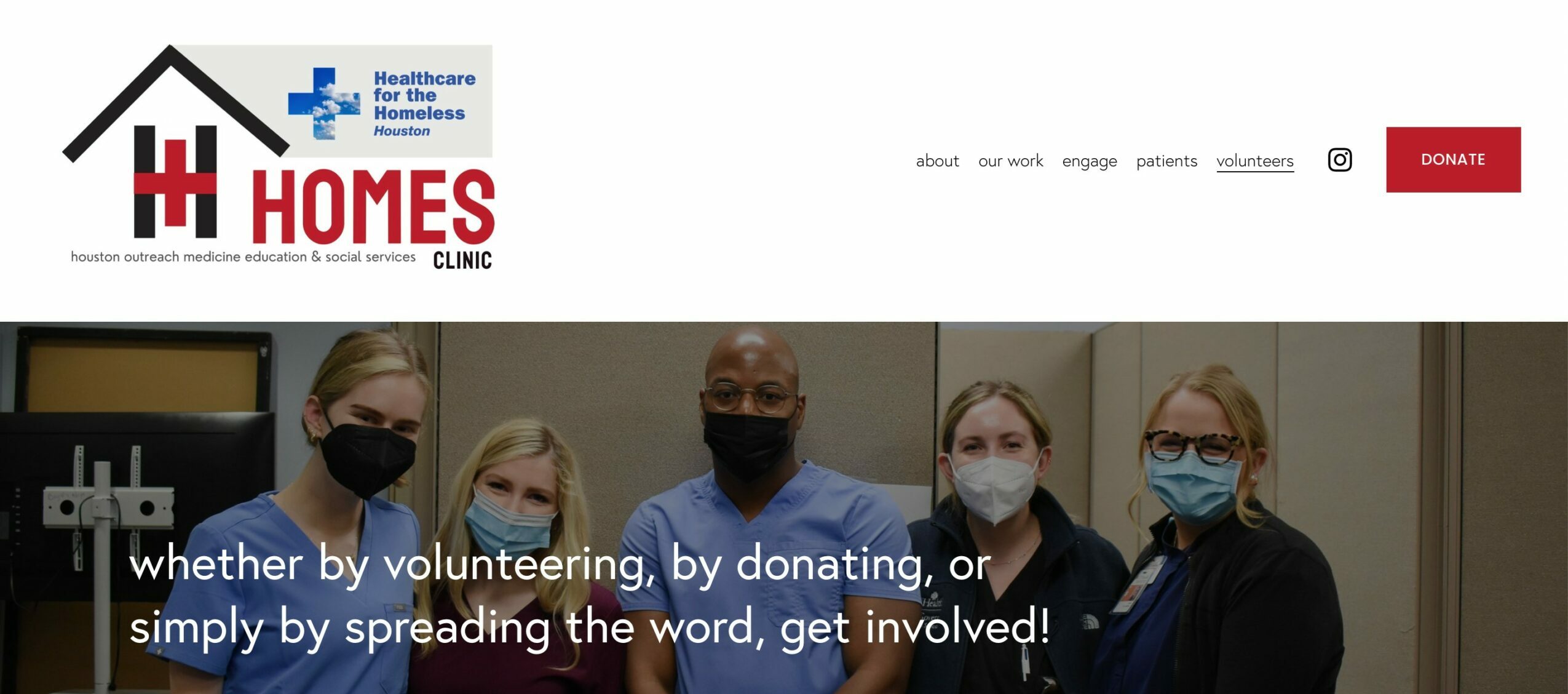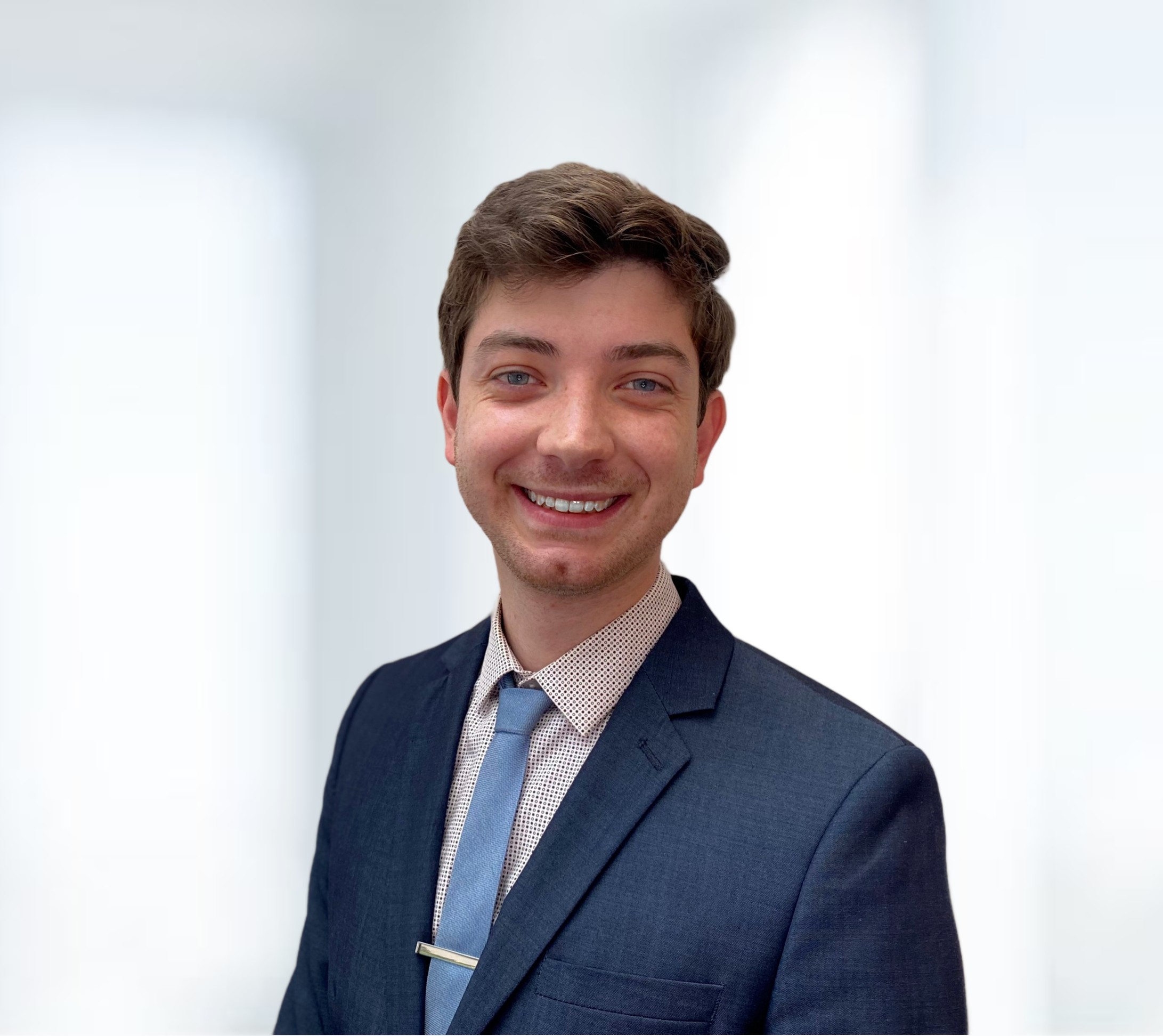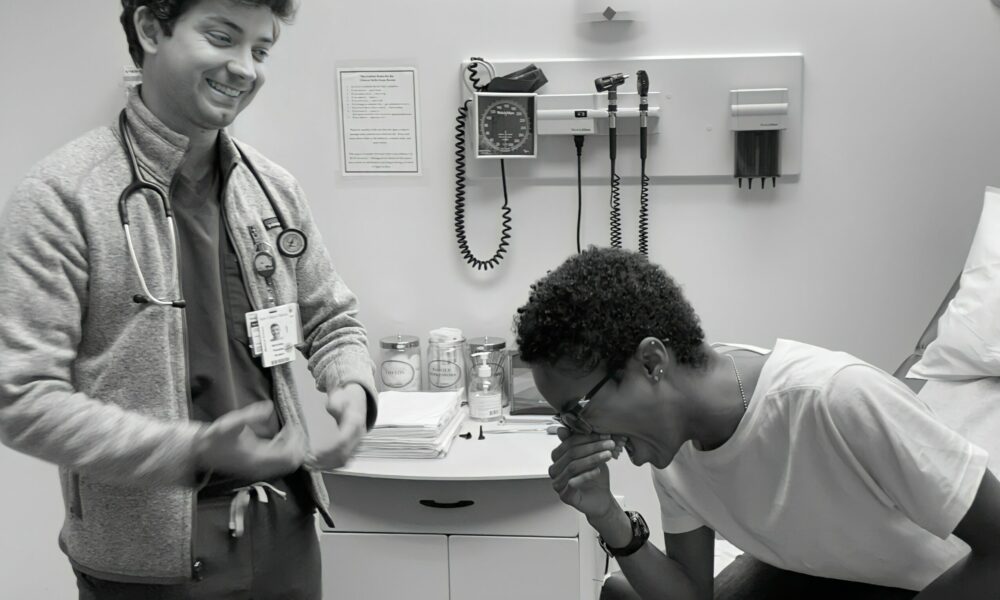

Today we’d like to introduce you to Nicholas Peoples.
Hi Nicholas, please kick things off for us with an introduction to yourself and your story.
Well, first of all, thanks for having me today, Leo. We have such a rich local scene here in Houston, and I think the work you and Voyage are doing to represent our communities and connect us all is fantastic. Thanks for asking me to be a part of it. To frame this conversation, I am a public health professional who is deeply invested in ending homelessness.
Now, I don’t have all the answers to this issue – not by a long shot. But if there are any useful takeaways from this interview, I hope that I can persuade you that homelessness is a solvable problem. It doesn’t have to be something that is with us forever. Now, to actually answer your question, I grew up north of the city in Spring, TX. My father was a police officer in Harris County and my mother was a grade-school teacher.
Right off the bat, I had two powerful examples of community service growing up. Even though my main interest as a child was taking piano lessons, my parents still said I had to use my opportunities to give back. So, when I was eight, they started taking me to St. Luke’s hospital to perform in the lobby. Over time this snowballed into performing at other hospitals and retirement centers throughout the greater Houston area. And then we started getting invited places. It got to the point that we were being asked to perform at least 1-2 times a week – and my parents would take me every time.
It was through these frequent trips downtown that I was first exposed to seeing people living and sleeping on the streets. It was a sharp departure from the sleepy suburbs that I grew up in. When Channel 13 ABC News interviewed me at St. Luke’s Hospital and asked what I would do if I became a successful musician, I replied that I would, “tear down the old ugly buildings and build up new ones where people could live.” Granted, I was nine.
I didn’t have a real grasp of the issue or what I was even saying. It was just speaking from the heart. But I’ve never forgotten those moments as a child seeing homelessness for the first time. At the same time, early exposure to hospitals, patients, and their families also left a deep impression. And my college experiences, as they tend to do for many, got me thinking about the wider world – particularly about social justice.
As a teenager, despite all of my cluelessness and general immaturity, I still somehow discerned that I wanted to be a doctor for people who didn’t have doctors. A lot of things have changed since I was 18 years old. I hope I’ve grown up some (a work in progress, perhaps). But that much has stuck. I went on to get a master’s degree in global health from Duke and spent my early 20s working overseas for development efforts like the Baylor International Pediatric AIDS Initiative, among others.
I worked mainly in Malawi, China, and Nepal. It was an incredible privilege to have these opportunities, to say the very least. It was also an unexpected coming-of-age experience, being exposed to both the successes and the ugly truths of this kind of work. One particularly influential thing was finding role models. I observed that the best leaders in the field were those who cared for patients at the bedside and could then take their experience back to the boardroom and talk finance, organizational strategy, and health policy. Their example became a sort of road map for me.
So, in 2020, at the height of the coronavirus pandemic, I entered medical school to train as an emergency medicine physician. I’ve been at Baylor College of Medicine for the past three years, and it has been a phenomenal institution to be a part of. During this time, I have also had the enormous privilege of serving as co-director of HOMES Clinic, a program of Healthcare for the Homeless-Houston, which provides free healthcare and social services to people experiencing homelessness in the heart of downtown Houston.
In August, to achieve the kind of breadth I was just talking about, I will be taking a calculated break from my medical training to study economics for one year as a Schwarzman Scholar. The pieces are all starting to come together. In each of these roles, as depressing as the subject matter may sound, I have developed a strong sense of optimism. There is a lot of low-hanging fruit to make the world a better place.
And even the most complex aspects of these seemingly intractable problems – whether it is children living with AIDS or people living on the streets in Houston – there are pulleys and levers to affect change at every level. There is a way for each of us to make a difference. I started by saying that homelessness is a solvable problem. That might sound naïve and idealistic. But we have to remember that the housing insecurity crisis didn’t come out of nowhere. It was set off in the 70s by a very specific set of policy, regulatory, and market circumstances that have been allowed to persist for decades.
That discussion gets complicated, I’ll admit. But the key is that humans made it, and humans can reverse it. If we can mobilize the necessary social and political will, it is possible to shut down the “on-ramp” to homelessness in America. There is power in our hands to revitalize our communities. We just have to come together and use it. I’d love for people to reach out if they’d like to join me or find out more about how.
We all face challenges, but looking back would you describe it as a relatively smooth road?
I think one of the things that have been hardest to grapple with over the years is that good intentions are not enough. You can have all the good intentions in the world and still hurt people. I’ve seen it happen more than once. Just because you want to help does not mean you are entitled to insert yourself into people’s lives. Empathy is good. But you also need to bring a needed skill to the table. You need to have an evidence-based strategy.
You have to involve and listen to community stakeholders. And above all, what you need are humility and patience. This becomes particularly important when we’re talking about serving vulnerable groups — we often have to be our own watchdogs and hold each other accountable. I’ve written about this extensively elsewhere. Ultimately, I think solutions to the modern homelessness epidemic are rooted in policy. We need leaders who are not owned by special interests.
We need leaders who are willing to take on an opportunity cost to themselves and support effective legislation – even if it doesn’t necessarily help them get re-elected the next year. But where do we see that these days? That is going to be a long and bumpy road, to say the least. Until then, it is on us in the non-profit world to step in and bridge those gaps. The major challenge for us is to all learn how to work together better. There are hundreds and thousands of non-profit agencies, each of which tackles a tiny piece of the puzzle.
The problem is that people experiencing homelessness have a lot of puzzle pieces that need to be solved at the same time. How can you keep your housing when you don’t have a job? How can you keep your job if you don’t have a place for your kids to stay, or if you’re sick all the time? How can you recover from a chronic illness if you don’t have reliable transportation to a doctor, or a way to securely store all your medicines? (Insulin has to be refrigerated, for example, and psychiatric drugs are stolen all the time to be resold on the street).
When these pieces are split up across a thousand different agencies with different addresses, different eligibility criteria, different paperwork, and different values, we run the risk of fragmenting care and causing people to fall through the cracks. Houston has been ahead of the curve on this issue. We have the Coalition for the Homeless, which has done a lot to bring stakeholders together and address some of these issues at a high level. It’s a phenomenal effort.
But speaking generally, here at home and abroad, we always need to be striving to integrate services and build a “one-stop shop.” I am so convinced of this that I published an article on it in the Journal of Homelessness and Social Distress with health policy expert Dr. David Buck. We have built a program at HOMES Clinic that has mapped out the most needed services across the city and reverse-engineered how we can get our patients seen at each of them. But that, admittedly, is a reaction to the problem rather than a solution. A one-stop shop: that is what achieves the best outcomes.
Appreciate you sharing that. What else should we know about what you do?
I’m most proud of getting to serve patients at HOMES Clinic and the kinds of outcomes we can achieve for them through Healthcare for the Homeless-Houston. We recently had one patient who we’ll call “Mindy” (a pseudonym, and some other details lightly altered or withheld here to further protect confidentiality). She had been living on the streets for years and did not trust doctors. She didn’t come to us asking to be seen, either.
We send volunteers out into the community to see who needs care. We got to chatting with her, and she told us she needed to refill her blood pressure meds. Now, refilling blood pressure meds, that kind of thing is easy enough. But since she was new to us and had had such negative experiences with healthcare, we took it upon ourselves to spend two hours with her.
We took a comprehensive look at her medical history and learned she had numerous untreated or poorly managed medical issues beyond high blood pressure. We also dug into her social circumstances and further learned that she would also qualify for a local housing program. We didn’t just treat Mindy the high blood pressure patient. We were treating Mindy the person.
By the time the visit was winding down, the distrustful and anxious patient I had met in the lobby had transformed into a confident, beaming woman. With the thorough visit we provided, we discharged Mindy from the clinic with a comprehensive plan that included everything from her high blood pressure medicine to future doctor’s appointments to steps she could take to qualify for housing. She also received a care package with essential items such as fresh socks, sunscreen, and hygiene supplies – something we provide to every patient.
We bumped into her one week later at a community day center that our patients often frequent. I was there, ironically enough, looking for more patients. Mindy, though, was saying her goodbyes – she no longer needed to go there for showers and laundry because she had gotten an apartment! It’s the fastest turnaround for housing that I’ve ever seen. It was the first night in years she did not have to spend on the streets.
So that’s what I am so proud of at HOMES Clinic and our amazing parent organization, Healthcare for the Homeless-Houston. We were able to take a 5-minute “medicine refill” visit and quite literally change a life. When an individual is lent a hand to get off the streets, the community is made better for everyone.
How do you define success?
Growing up, I often felt inoculated with the idea that finding success would produce happiness. Now that I’m a bit older, I see it the other way around. A lot of people would probably say this is reductive, but I think success is the word that describes when we have figured out how to live a meaningful life. And that looks different for everyone.
I’ve found that the best way to receive happiness is to give it. I’ve been intentional in building my career around this idea. I am still stumbling through the years, making my mistakes, and trying to make sense of life like all the rest of us. But so far, I would say this approach is working! The best advice I could give to anyone is to find a cause you care about and consider volunteering. There’s no downside, but the potential to impact your life and the lives of others can’t be overstated.
The world could certainly use more empathetic people, and I think we as individuals could all benefit from an outlet that lets us know that we are making a difference too. If I’ve learned anything after 10 years in this field, it’s that there is a place for everyone. We can all be a part of creating more equitable communities and a healthier, happier world.
The opinions presented here are solely those of the interviewee and do not necessarily reflect those of Baylor College of Medicine or Healthcare for the Homeless-Houston.
Contact Info:
- Website: www.homesclinic.org
- Other: https://www.homeless-healthcare.org/
